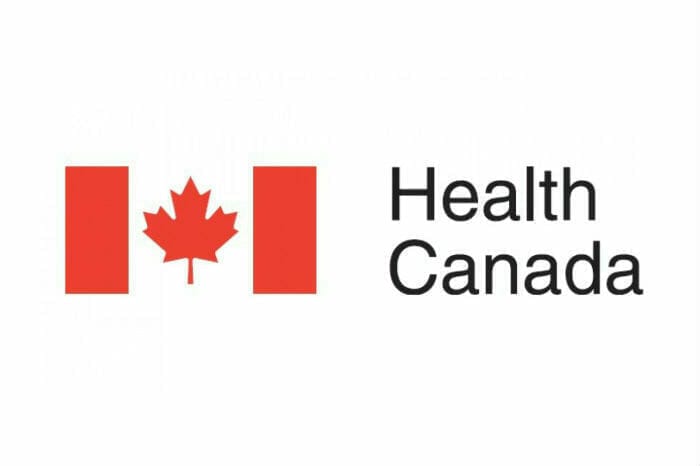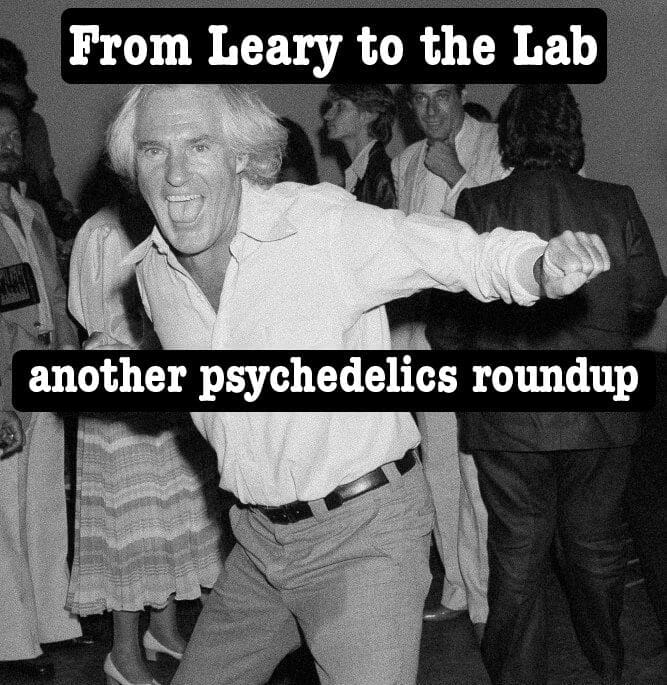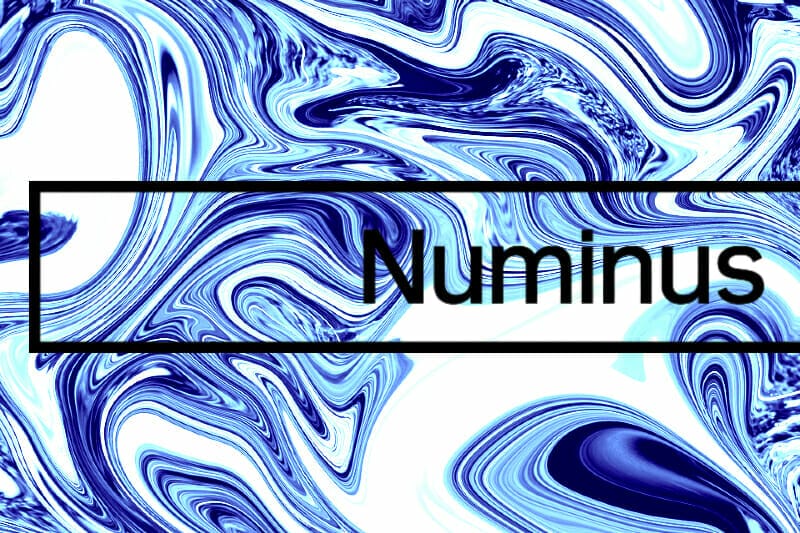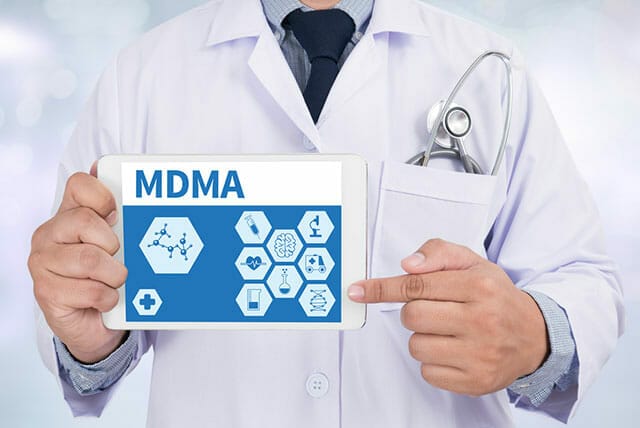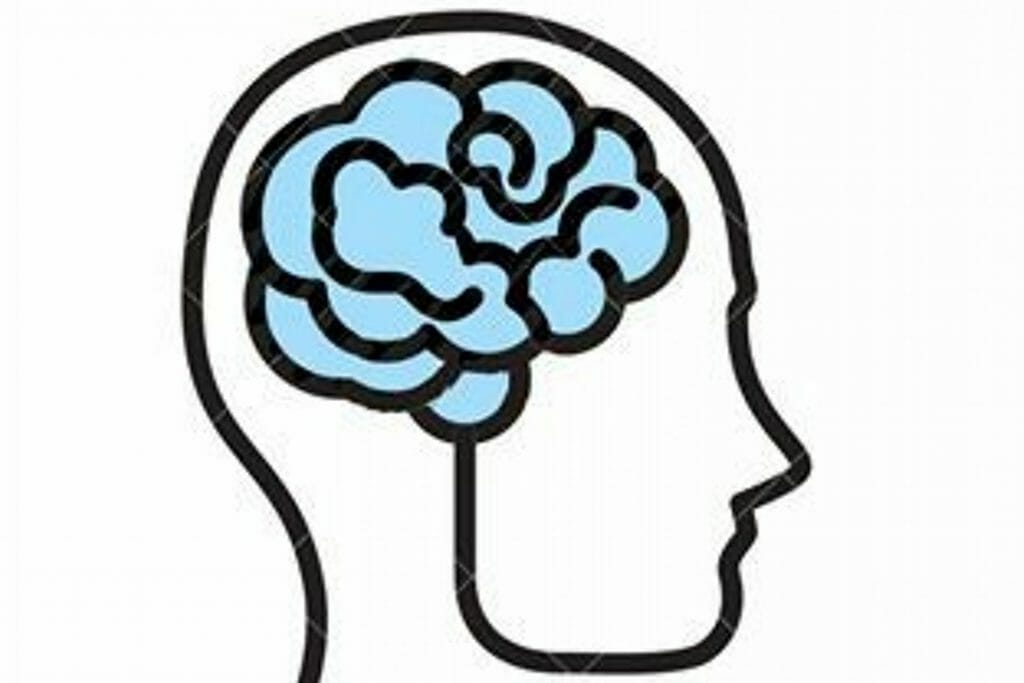MAPS, FDA & Health Canada
In a highly regulated sector like psychedelics, governing bodies like the FDA and Health Canada have the power to shape and influence how an industry pans out. The FDA approved Sparvato in 2019 and gave Fast-Track Designation to psilocybin in 2018, both of the events caused tectonic shifts across the board.
The most recent favor was dished out to Numinus (NUMI.V) for an upcoming Phase 2 trial that will test MDMA-assisted psychotherapy’s efficacy in treating PTSD. Last year Health Canada gave Numinus a Dealer’s License allowing the possession and production of MDMA, psilocybin, psilocin, DMT, mescaline, and most recently LSD.
At first glance I was kind of surprised, I hadn’t remembered a Phase 1 trial from Numinus. Then it hit me, their partnership with MAPS’ corporate entity probably has something to do with this.
Back in December Numinus partnered with MAPS’ public benefit corporation – the MPBC. The MPBC’s primary work is to complete Phase 2 studies of MDMA-assisted psychotherapy for PTSD and prepare for Phase 3 clinical trials required to develop MDMA-assisted psychotherapy into an approved treatment for PTSD.

So Health Canada is extending another olive branch to the company, and Numinus and the MBPC are getting in on Health Canada’s Special Access Program (SAP) to run their Phase 2 MDMA trial.
Health Canada’s SAP enables drugs that are not marketed in Canada to be requested by practitioners for the treatment, diagnosis, or prevention of serious or life-threatening conditions when conventional therapies have failed, are unsuitable, or unavailable.
Health Canada recommends compassionate access open-label clinical trials when drug manufacturers anticipate exceptional demand for a drug, “to meet the needs of patients not eligible for enrollment in other pivotal trials. I guess Health Canada sees what MAPS is doing as pivotal, and it makes sense why.
MAPS’ previous trials
Their recently completed Phase 3 trial consisted of 131 participants that were recruited from 2018 to 2020, with the last visit conducted in August 2020. A total of 345 participants were assessed for eligibility, 131 were enrolled, 91 were confirmed for randomization, and 46 were randomized to MDMA and 44 to placebo.
The trial treated patients with severe, chronic PTSD from any cause with an average duration of 14 years and replicated the results of Phase 2 trials with 67% of participants who received three MDMA-assisted therapy sessions no longer qualified for a PTSD diagnosis and 88% experienced a clinically meaningful reduction in symptoms.
Prior to that In MAPS’ Phase 2 trials with 107 participants, 61% no longer qualified for PTSD after three sessions of MDMA-assisted therapy two months following treatment. At the 12-month follow-up, 68% no longer had PTSD. All participants had chronic, treatment-resistant PTSD, and had suffered from PTSD for an average of 17.8 years.
Why Numinus?
In Numinus’ 126 page brief to Health Canada, the company applied for the SAP for both MDMA and psilocybin-assisted therapy. The document reads,
We recommend that the Health Canada Special Access Programme be revised so as to allow for consideration of applications for access to MDMA- and psilocybinassisted psychotherapies via the Special Access Programme mechanism
and
Since the above mental health conditions are often life threatening and existing treatments have major limitations in terms of success rates and side effects, Canadian citizens suffering with these conditions and who have exhausted conventional treatments would benefit from strategies that enable access to psychedelic-assisted psychotherapy prior to full approval by Health Canada while these drugs remain in clinical trials.
I haven’t read anything about the proposed psilocybin study, only the MDMA one, but that’s something to watch in the near future. Numinus has the ability to work with a number of drugs as it has a dealer’s license from Health Canada, and a lab based in Nanaimo, BC. The company even received an amendment to its dealer’s license allowing it to possess and produce LSD.

The MPBC
MPBC is a 100% owned subsidiary of MAPS and so has no other shareholders who might object to using any or all funds generated to further MAPS’ mission.
Planned activities include the sale of MDMA for use in psychotherapy initially for PTSD and subsequently for other indications, training psychotherapists to use MDMA in treating PTSD and other indications, and establishing a network of clinics to provide MDMA-assisted psychotherapy.
Both MAPS’ attorneys and accountants agree that establishing the MPBC now instead of waiting for FDA approval of MDMA-assisted psychotherapy for PTSD will enable the funds required for research to be characterized as tax-deductible expenses of the MPBC and ultimately used to offset taxable income from sales.
With roughly $18 million in research expenses remaining this could amount to an additional $6.3 million that may be available to further MAPS’ mission and thereby reduce MAPS’ reliance on donated funds.

